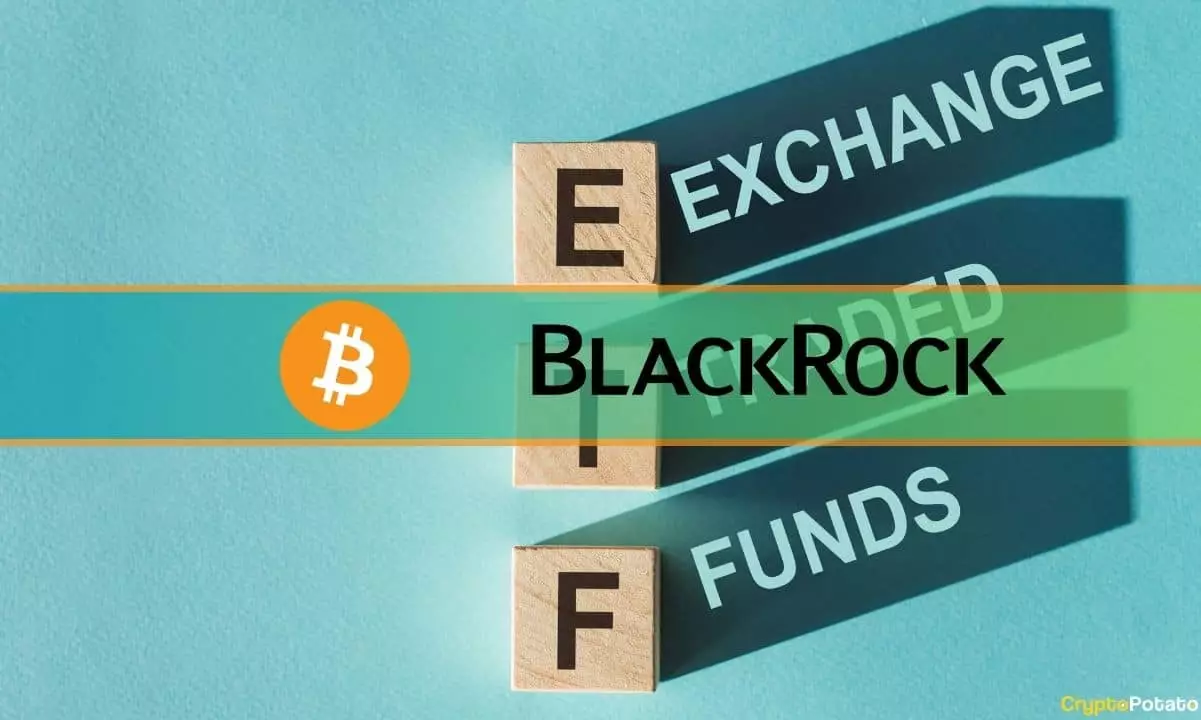BlackRock, the world’s largest asset manager, has made a significant stride towards its involvement in the cryptocurrency industry by filing for a Bitcoin Spot ETF with the US Securities and Exchange Commission. BlackRock’s success rate with the SEC has been unmatched so far, and despite many other companies’ previous applications for such a product failing, the community is curious about BlackRock’s attempt.
The COVID-19 pandemic, central bank monetary policies, and Bitcoin’s price surge in 2020 and 2021 have changed the game in a way that few could have anticipated. Numerous institutions began taking the cryptocurrency industry and Bitcoin more seriously than before. BlackRock also started investing in Bitcoin gradually, and in June 2023, it made its largest bet on the industry by filing for a Bitcoin Spot ETF in the US alongside Coinbase, which will be the fund’s custodian.
Institutions pulled back during the 2022 bear market, but BlackRock doubled down with a few more initiatives, including a Blockchain ETF in Europe. The move had an immediate positive effect on Bitcoin’s price, which jumped over $2,000 in the first few days after the filing. If the ETF is approved, the long-term consequences will be even more beneficial for the entire industry.
The SEC’s Stance on Cryptocurrency and BlackRock’s Timing
The US SEC has greenlighted a few Bitcoin Futures ETFs, but it has rejected countless Spot ETF applications. The agency’s justification for denying such applications has always been the same: the proposed ETFs fail to demonstrate how they will prevent market manipulation and fraud. The SEC has now gone after multiple crypto exchanges and tokens, alleging that most assets are unregistered securities. However, even its skeptic Chair, Gary Gensler, has admitted in the past that Bitcoin is a commodity.
According to Eric Balchunas, Bloomberg’s senior ETF analyst, BlackRock has a mind-blowing success rate with its ETF applications, with 575 approved against just a single rejected one. The Commission reportedly denied an actively managed ETF application because it did not require participants to disclose their holdings daily.
BlackRock’s timing is intriguing, given the SEC’s overall negative stance towards the cryptocurrency industry. As one of the most influential financial players, it begs the question of whether BlackRock knows something that will help it continue its success rate or register its second loss.

